- Home
- How to Increase Your EPC Rating
How to Increase Your EPC Rating
Learning how to increase your EPC rating is something that a lot of people overlook. But it’s something that can be very easy and cheap to improve.
The energy efficiency of your home doesn’t just affect how expensive it is to run and heat but it can also affect its value, should you be thinking about selling. That's why understanding "how to increase Your EPC rating" is crucial for homeowners and landlords alike. An Energy Performance Certificate, or EPC, measures how energy-efficient a home is, with ratings that range from A (the best) to G (the worst).
In this article, we explore an array of methods - both simple and inexpensive, as well as more sophisticated and expensive options - that can help you increase your home's EPC rating. We'll also shed light on the possible savings each could generate for the long-term.
How to Increase Your EPC Rating using Simple Upgrades:
Let's look at best ways to increase your EPC score and save money, starting with the easiest and cheapest to implement moving dow the list to the more complex and expensive options. –
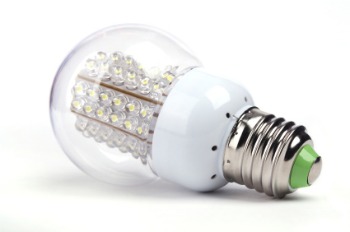
1. Install LED light bulbs.
Replacing your traditional incandescent or even compact fluorescent lights with LED counterparts is an affordable way to trim energy usage. LED bulbs use up to 90% less energy and tend to last much longer.
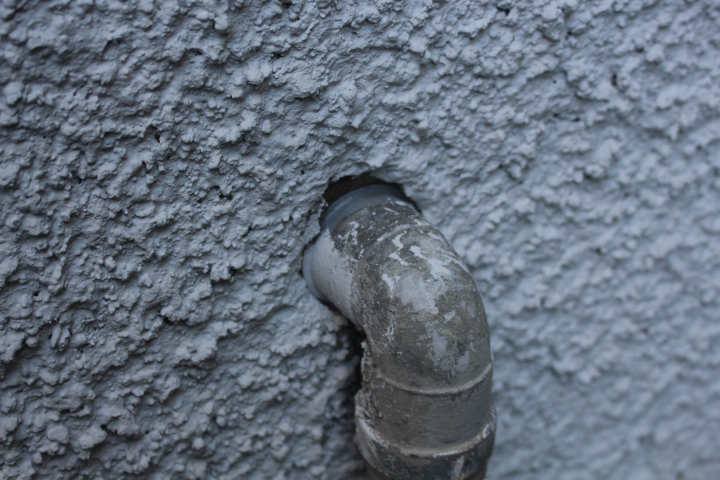
2. Draught-proofing.
An unassuming but effective way to enhance your home's energy efficiency and increase your EPC rating is by draught-proofing. This involves blocking off unnecessary gaps that let cold air in and warm air out.
It's a small investment with big returns, including increased comfort and reduced heating bills.
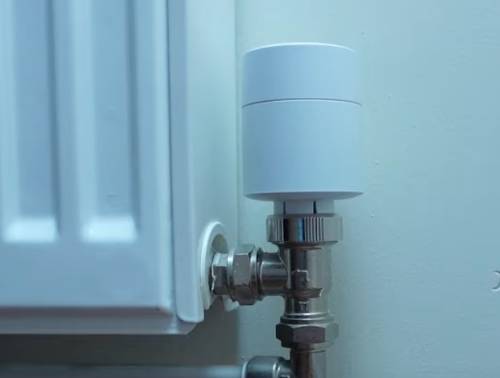
3. Fit Thermostatic Radiator Valves or TRVs.
Fitting these devices on your radiators can give you individual room temperature control, maximising your heating system's efficiency.
The standard analogy TRVs will help your EPC score, but in the real world there is a more effective option, smart TRV’s, which are more accurate and way more controllable so you’ll make even more savings. I have these in my house and they save me around 14% on my annual heating bill (savings will however depend on a lot of different things such as the size of your home, insulation present etc.).
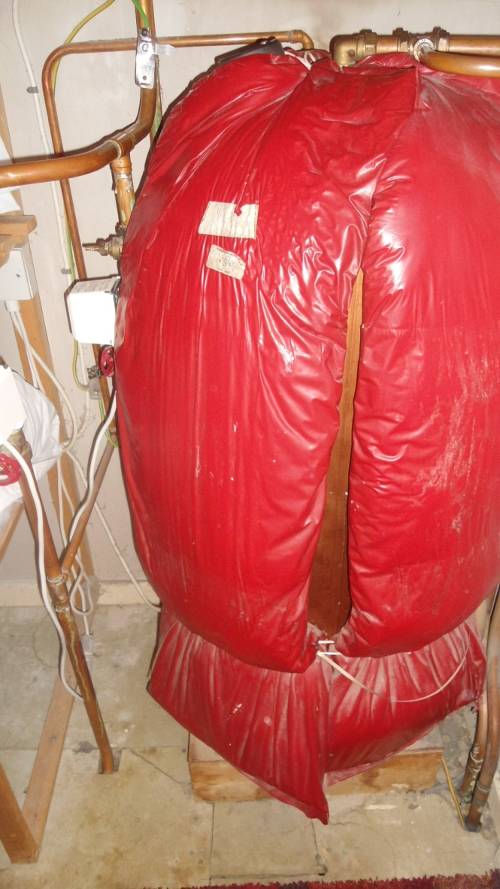
4. Add insulation to your hot water cylinder (assuming you don’t have a combination boiler).
Although often overlooked, this small action can have a significant impact. Proper insulation can prevent heat loss, aiding in water heating efficiency and thus translating to energy and cost savings.
Once your boiler has heated the water it’s stored in your hot water cylinder, you will want to keep that water as hot as you can for as long as you can and fitting a jacket to your cylinder is cheap and simple.
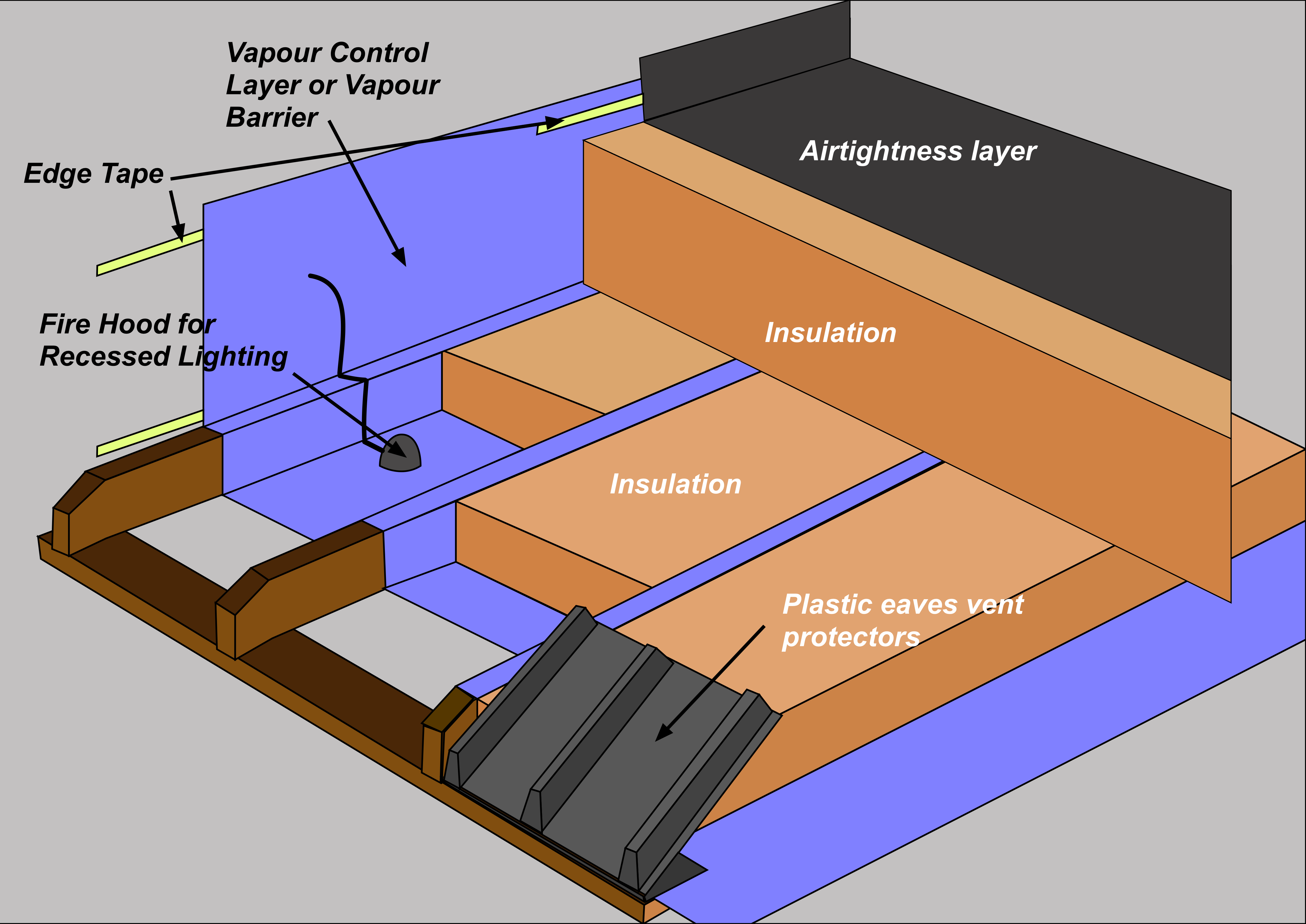
5. Increase your loft insulation.
If you have an open loft area this is relatively affordable, yet a well-insulated loft could save you hundreds of pounds yearly on heating costs, effectively keeping heat in during winter and out during the hot summer months and increase your EPC rating.
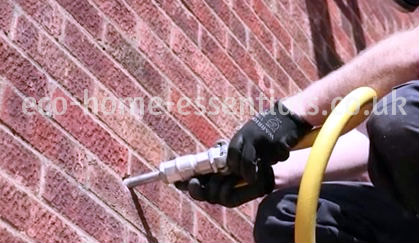
6. Add wall insulation.
Adding insulation to the cavities of your wall (assuming they’re suitable) is another brilliant and direct way to increase your home's heating efficiency.
If your home has solid walls you can insulate them either internally or externally, thought this is more expensive than adding cavity insulation. But it makes a big difference.
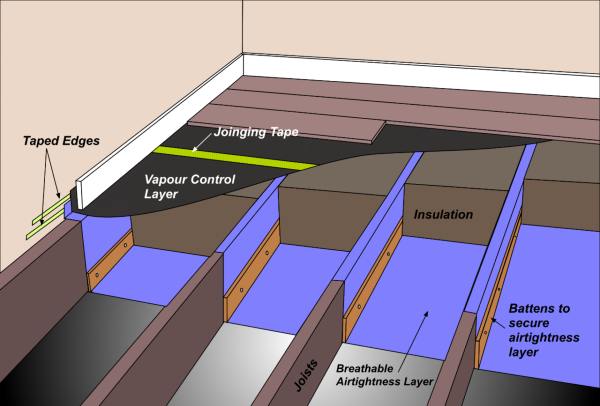
7. How to increase your EPC rating by adding insulation to your suspended timber floor.
This should not be underestimated. Although it can be a bit trickier to install than loft or wall insulation, effectively insulated floors can stop more heat loss than you might think. Logic would suggest that heat rises so there is little point insulating the floor, right? But you need to think about air movement.
If you think about the open fireplace scenario from above. The heat rises up the chimney flue and this drags air from outside through gaps in the fabric like suspended timber floors. So insulating your floor the right way with vapour control layers etc can stop this air movement and insulate the floor at the same time.
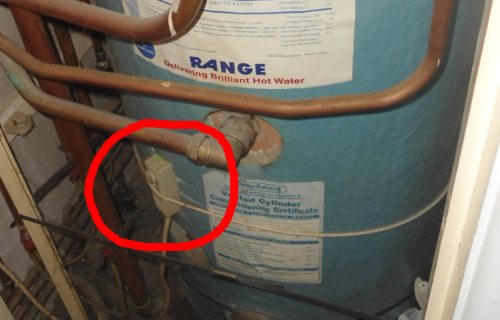
8.Fitting a thermostatic control to your hot water cylinder.
This enhances your control over your boiler so that a signal can be sent to your boiler, saying stop heating the water in the cylinder, once it reaches a certain temperature. Stopping water heating when it’s not needed helps save on energy costs and contributes to a high EPC rating.
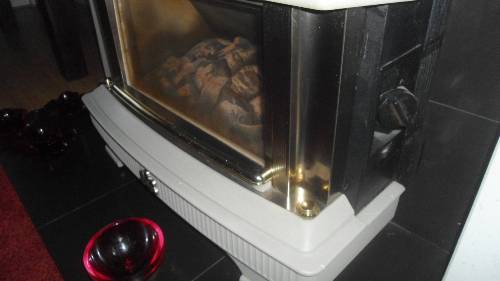
9. Get Rid of Your Open Fire/Decorative Fuel Effect Gas Fire.
Did you know that decorative fires or open fireplaces can be a major source of energy loss and reduce your EPC score significantly? Some decorative fuel gas fires can reduce your EPC score by up to 10 points!
Replacing them with a glass-fronted fire or glass fronted stove creates an efficient heat-retaining barrier and will ultimately increase your EPC rating.
Open fires of any sort create a draw effect where the warm air rising up the flue drags other warm air from within your home up the flue with it. Which in turn drags in cold air from outside, so open fires are not good. This also happens to a lesser extent even when the fire is not lit.
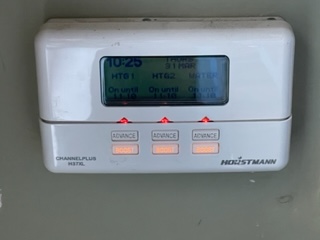
10. Install a zoned heating system.
This will may mean a larger investment, but it ensures heating is utilised only where required. By dividing your home into zones (typically ground floor, first floor and hot water), the heating system can adjust temperatures across different areas, optimising energy usage.
A cheaper alternative is the smart TRV’s mentioned above which will mean you end up with every room being its own zone, not just ground and first floor zones.
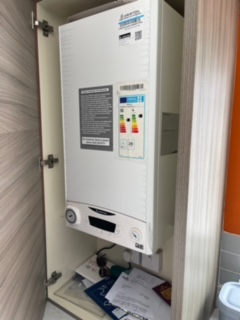
11. Upgrade your boiler.
If your boiler is old or inefficient changing it will make a significant difference to your EPC score.
A new A-rated condensing boiler will be at least 90% efficient, provide efficient heating and could significantly reduce your energy bills.
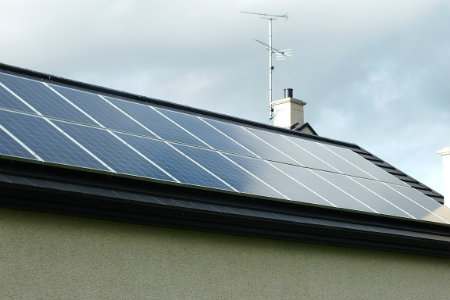
13. Install photovoltaic panels.
These are a great way to increase your EPC score, but they’re also expensive.
By harnessing the power of the sun, photovoltaic panels produce electricity and can render a household partially or wholly energy self-sufficient.
Adding a battery pack to your home will not change your EPC rating but will mean you don’t have to sell your excess electricity back to the grid for pennies per unit.
You'll need to do your sums and look at how long the investment will take to pay you back, as that is the point you start to make savings.
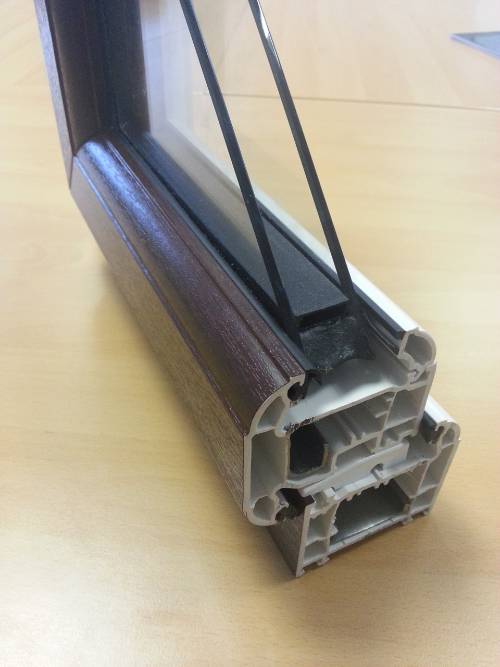
14. Fit Double Glazing -
If you have single glazing, upgrading to double or triple glazing can help with energy conservation. They will reduce heat lost through windows and can keep out noises, increasing the comfort inside your house.
I normally advise clients not to take out functional double glazing just to upgrade to new double glazing, due to the long payback period. But if you've got single glazing or you're about to do a major refurb, then go for it.
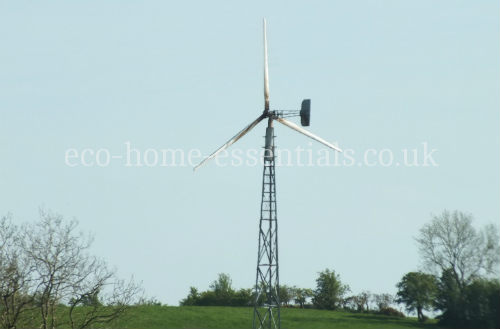
15. Install a Wind Turbine.
Provided your site lends itself to it you could install a wind turbine. Although are quite an undertaking to install, turbines can generate large amounts of electricity for homes, especially in areas with high wind speeds.
It’s a significant feature that can hike up your home’s EPC rating considerably. They also tend to harvest more electricity during winter months when we use more as it’s normally windier in the winter in the UK. Whereas PV and solar thermal panels produce less during the winter as the sun isn’t up as long.
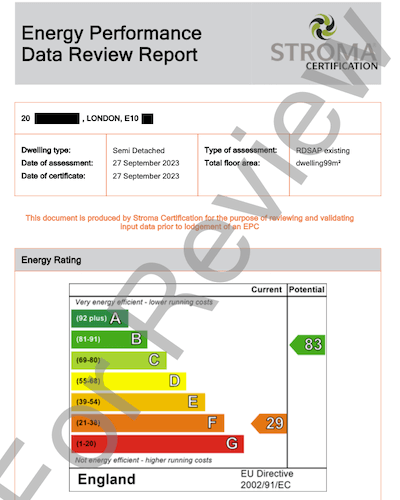
What if You Want to Sell Your Home?
Making your home more energy efficient, or working on increasing your EPC rating makes it more attractive to buyers.
While in the past few people looked at the EPC during the buying process, now, with the current cost of living crisis I’d be amazed if everyone didn’t at least look at the EPC for their prospective new home during the decision making process.
And if there are two or three homes in an area that are similar but one of them is a lot cheaper to run, which one do you think is likely to generate the most interest and therefore likely to command a higher price?
How to Increase Your EPC rating - Conclusion:
Improvements do not always need to be drastic, sometimes simple tweaks can have a significant impact on running costs. Also doing the right improvements using the right materials and processes will make the biggest impact on your home. Whereas using the wrong methods and incorrect materials could actually damage your home and end up costing you thousands of pounds to put right in a few years, once the damage becomes apparent (and the builders have long gone).
While this guide on "How to Increase Your EPC Score" might serve as a comprehensive starting point, getting independent advice from someone who is not trying to sell you a particular product or technology can be invaluable and can not only make the difference between, getting it wrong and damaging your home, but can reap huge rewards and help you create the warm, comfortable home that’s affordable to run that you always dreamed of.
The first eight points above are the first things you should be looking at, as beyond that the improvements start to get quite expensive.
Finally, remember that learning how to increase your EPC rating and making upgrades is an ongoing process. Some measures can be implemented immediately, while others need careful planning and investment. However, each step towards a higher EPC rating pushes you closer to a green, sustainable, cost-effective home while providing assurance that you're making your home more attractive to buyers or tenants. Plus, imagine the satisfaction of living in a space that perfectly marries comfort, economy and respect for the planet!
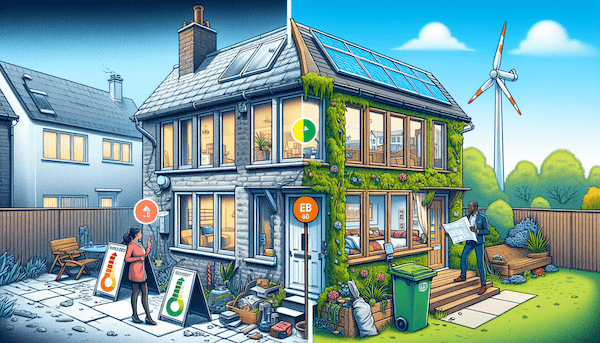

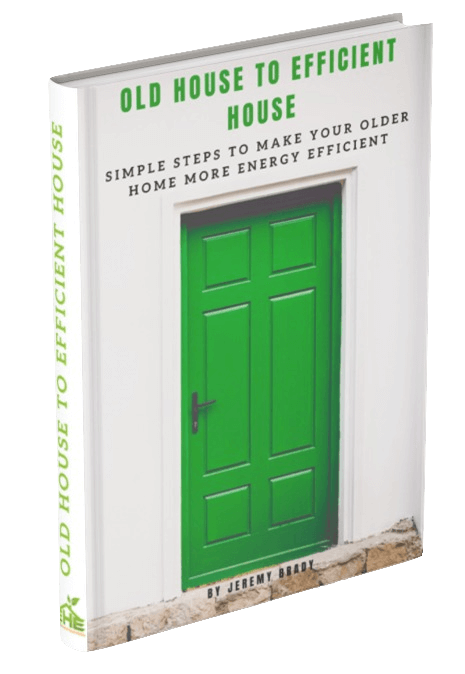




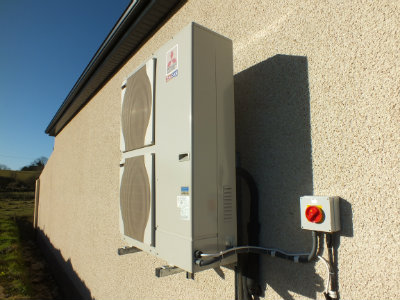
New! Comments
Have your say about what you just read! Leave me a comment in the box below.